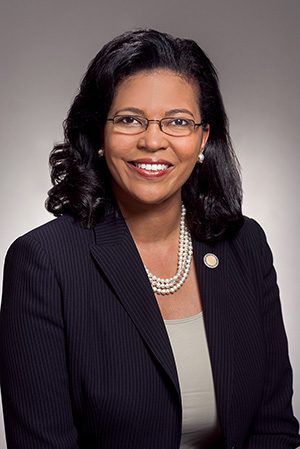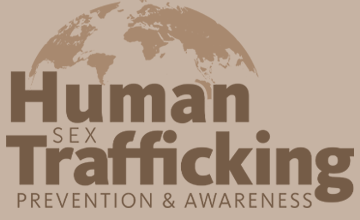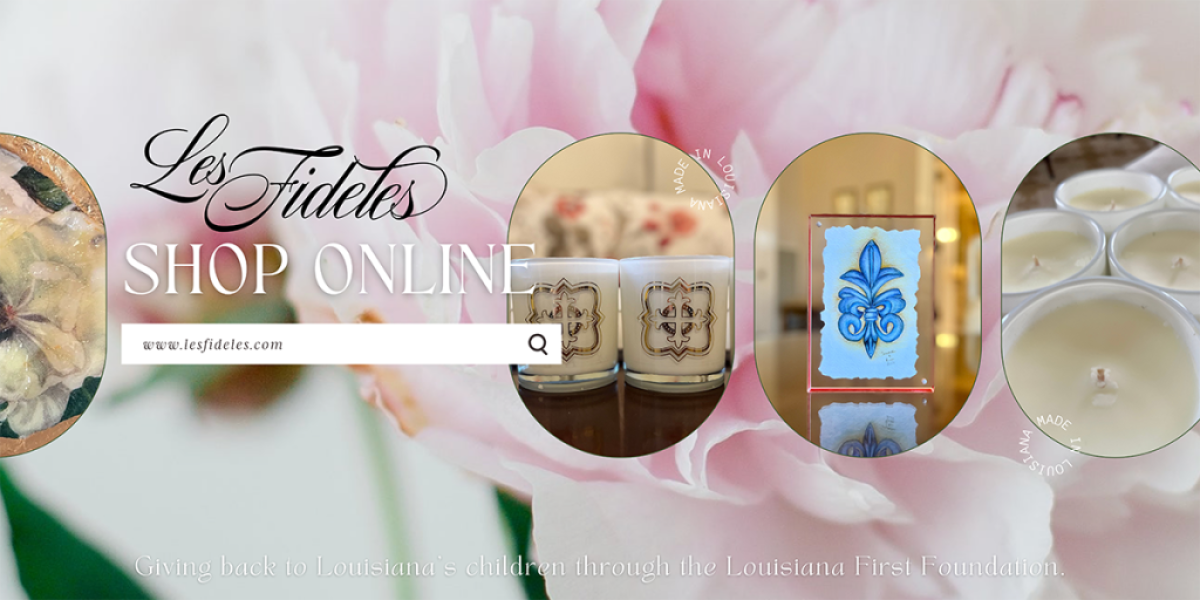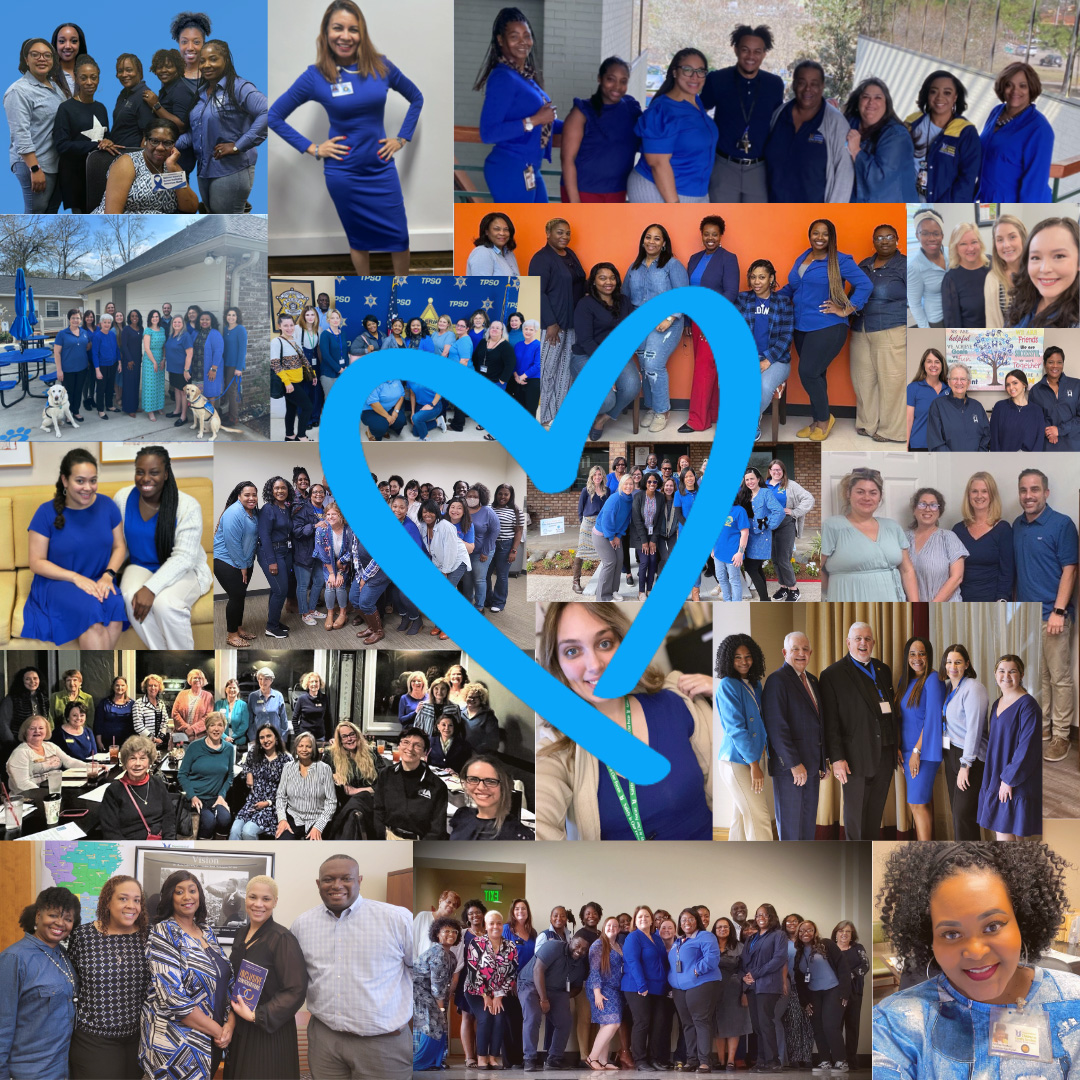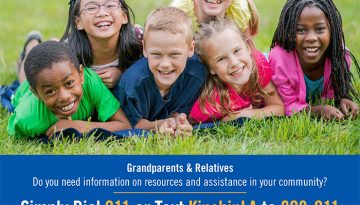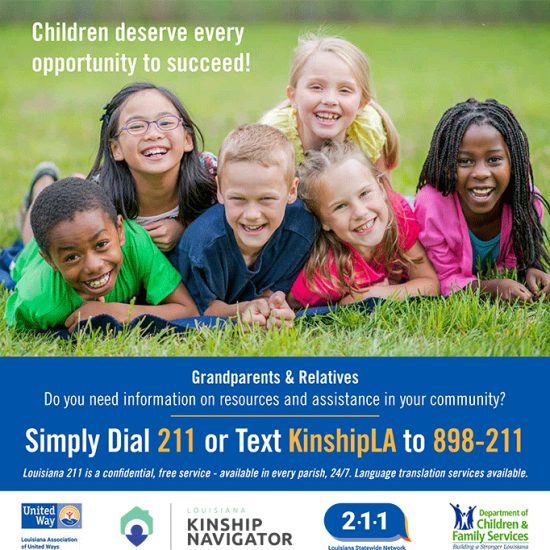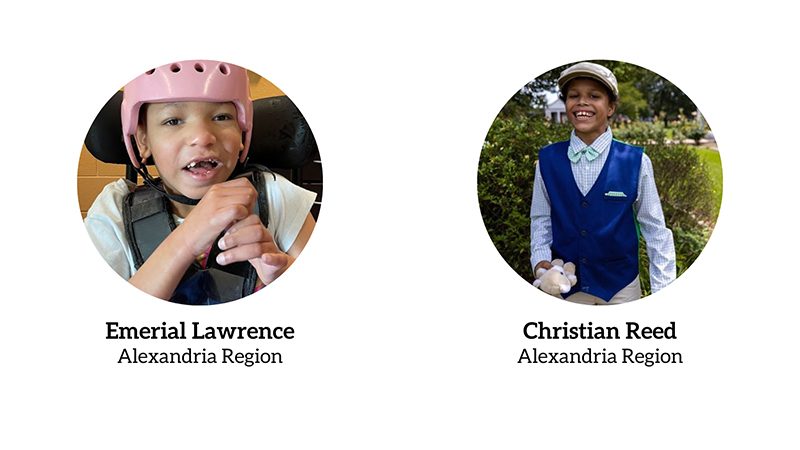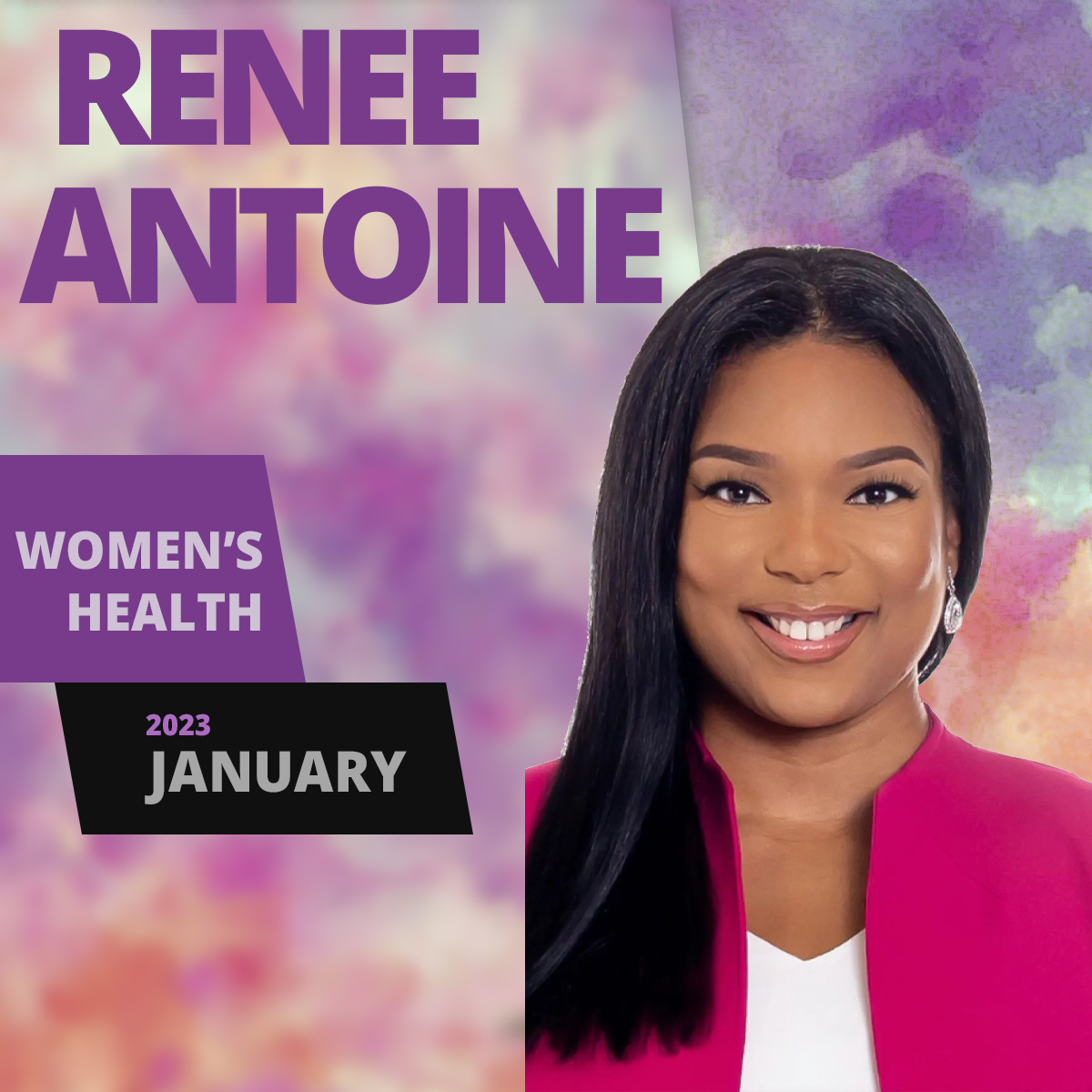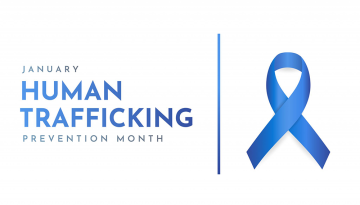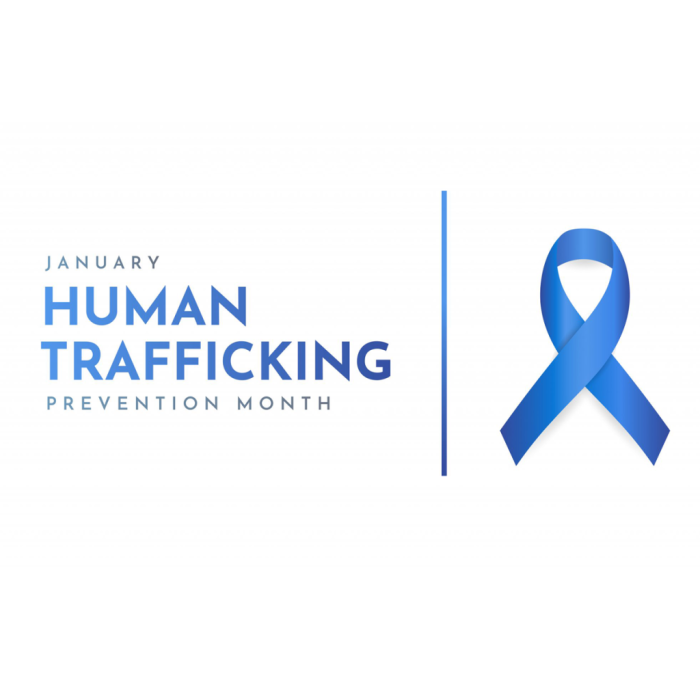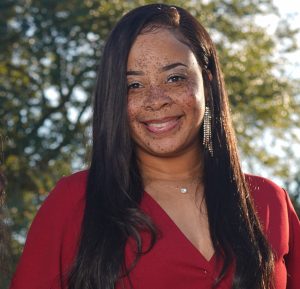Women’s Health – Teen Dating Violence
Women’s Health
WOMEN'S HEALTH BLOG February 2023
Teen Dating Violence
Written by Ashlé N. Young
Did you know that February is Teen Dating Violence Awareness Month? Since 2004, Congress has designated the first week of February as National Teen Dating Violence Awareness Week. However, in 2010, Congress declared Teen Dating Violence Awareness Month each February. The focus calls on communities “to empower teens to develop healthier relationships.”
What is Dating Violence?
Dating violence is physical, sexual, emotional, and/or verbal abuse of one partner by the other partner in a current or former dating relationship. Abusive behavior is any act carried out by one partner to hurt or control the other. Dating violence happens in male/female relationships as well as LGBTQIA+ relationships. Statistics show that approximately 1 in 3 U.S. teens will experience physical, sexual, or emotional abuse from a dating partner before they become adults.
Types of dating violence?
- Digital Abuse: Using technologies such as texting and social media to bully, harass, stalk, or intimidate a partner.
- Telling you who you can or cannot follow or be friends with on social media
- Texting you often to make you feel like you can’t be away from your phone
- Sending threatening messages or posting negative comments on social sites
- Pressuring you to share passwords
- Emotional Abuse: The non-physical behaviors such as threats, insults, and constant check-ins.
- Telling you what to wear or do
- Embarrassing you in front of others intentionally
- Preventing you from seeing or communicating with family and friends
- Blaming abusive or unhealthy behavior on you
- Physical Abuse: The intentional, unwanted contact causing injury.
- Hitting, biting, strangling, choking, or kicking
- Threatening to use or using a weapon on you
- Forcing you to have sex or perform sexual acts
- Sexual Abuse: The pressure or coercion to do something sexual in nature that you would prefer not to do.
- Forcing someone to have sex or perform sexual acts
- Preventing someone from using protection that could potentially lead to sexually transmitted infections
- Unwanted kissing, touching, rough, or violent sexual activity
- Unwanted sexual advances
How to have a conversation with your youth about dating violence?
As a parent, we tend to avoid difficult conversations with our kids, but we can start discussing healthy relationships before our children get to the dating age. As a former domestic violence advocate, I introduced my son to his hands and safe touch at one and a half years of age. I would constantly shape our morning routine with Hands Are Not for Hitting by Dr. Martine Agassi and the book I Said No! A Kid-to-kid Guide to Keeping Private Parts Private by Zack and Kimberly King. Now that he is five years old, I still quiz him and ask questions during random conversations. I also plan to practice this with my daughter, who will soon turn one. My goal is to constantly provide a safe space where they feel heard without fear.
In day-to-day tasks, you can bring up what healthy vs. unhealthy looks like and try to model it. With this routine, they will constantly feel you are there, even when they fear the repercussions. So, you can ask your child questions about healthy relationships and awareness of dating violence, such as:
- What is a healthy relationship? What do you want from the relationship if you were in one?
- Are your friends in relationships? If so, what does that relationship look like from the outside? Is it healthy?
- What would you do if you experienced or witnessed dating violence? Do you feel that you can be open with me without judgment?
If you feel your teen may be experiencing dating violence, encourage them and make them aware of your support and willingness to help them through it. It’s essential to be clear, not blame them, and be there to help them get additional support. Also, get advice and resources from a domestic violence agency.
How is Louisiana helping with this?
Louisiana has been working to prevent domestic violence by working with students to provide instruction to youth from grades seven through twelve. Louisiana Teen Dating Violence Law LA R.S. 17:81 requires all Louisiana school districts to:
- Provide instruction to all school employees having contact with students in such grades relative to the definition of dating violence, dating violence warning signs, and how to address suspected or reported dating violence involving students appropriately.
- Include the definition of dating violence in the student code of conduct.
- Collect data about the number of incidents of dating violence reported to school employees and the actions taken by school employees to assist victims of dating violence.
Although most districts are still navigating implementation, local domestic violence programs offer support to the community to help with awareness and prevention. If you need additional support, please reach out to your local domestic violence organization for resources to guide the conversation on what to look for and guides on establishing boundaries.
Where to go for help and resources:
- Centers for Disease Control and Prevention (CDC): cdc.gov/violenceprevention/intimatepartnerviolence/teendatingviolence/fastfact.html
- Louisiana Coalition Against Domestic Violence: https://lcadv.org/programs-resources/
- Love Is Respect: https://www.loveisrespect.org/get-involved/tdvam/
- National Center on Domestic and Sexual Violence: http://www.ncdsv.org
- National Center on Domestic and Sexual Violence Teen Power and Control Wheel:
http://www.ncdsv.org/images/Teen%20P&C%20wheel%20NO%20SHADING.pdf
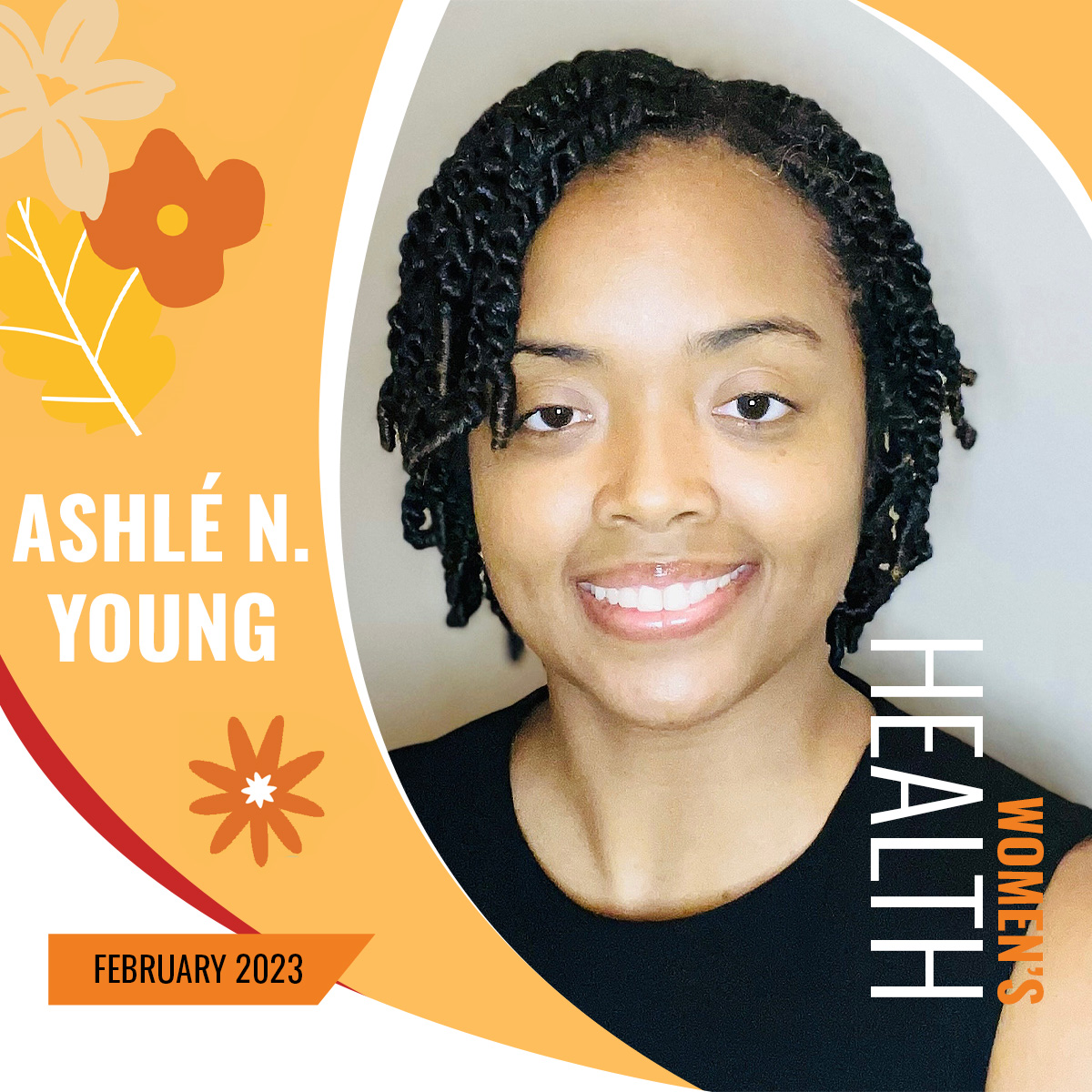
About Ashlé N. Young
Ashlé N. Young is the Executive Director of Louisiana Youth for Excellence (LYFE), a program through the Office of Governor John Bel Edwards that was created to promote positive youth development and to build awareness of consequences for at-risk behaviors for today’s vulnerable youth, such as children in foster care, children in poverty, and children in juvenile detention centers. LYFE works with schools, non-profit and faith-based organizations, parents, and the community to teach goal setting, leadership development, character building, and integrity.
Young has proven herself to be a pragmatic and solutions-driven administrator. She oversees funding for community organizations working directly with the youth of Louisiana. She also has 15 years of experience with faith-based communities and non-profit organizations.
Young is a native of Baton Rouge, LA, and is a two-time graduate of Southern University and A&M College, earning a Bachelor of Science and a Master of Science in Criminal Justice. She recently obtained her Master of Science in Leadership and Human Resource Development from Louisiana State University. Additionally, she is a proud member of Delta Sigma Theta Sorority, Inc., and a wife and mother of two amazing kids.
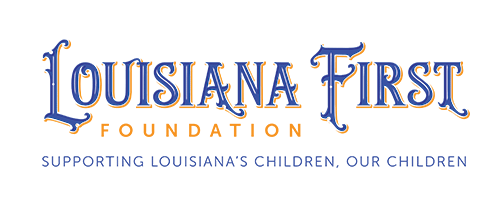
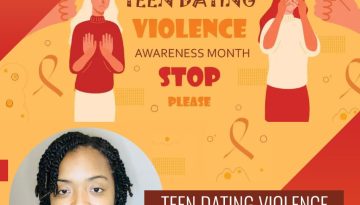


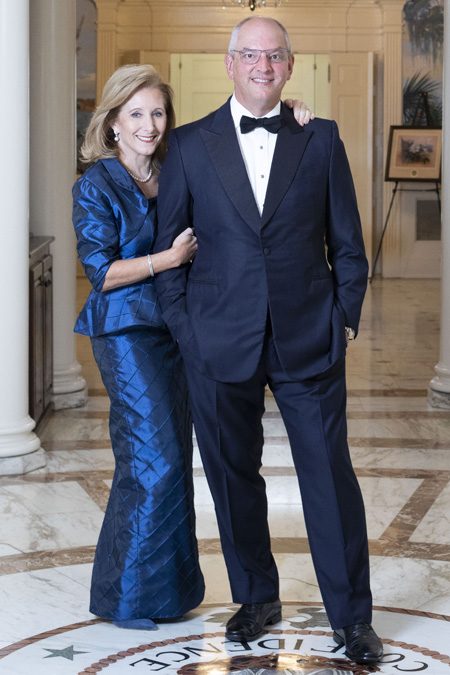

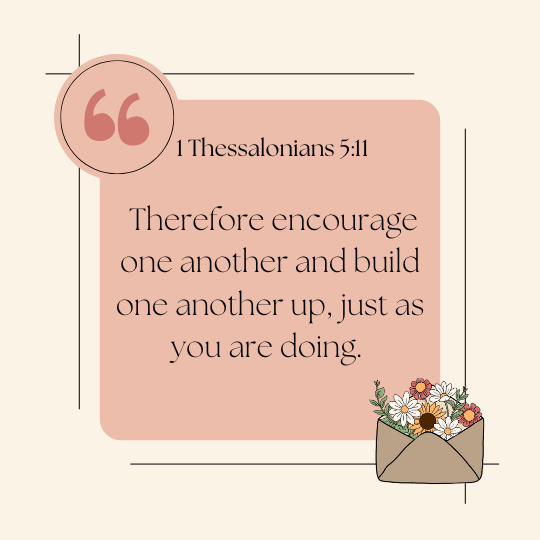
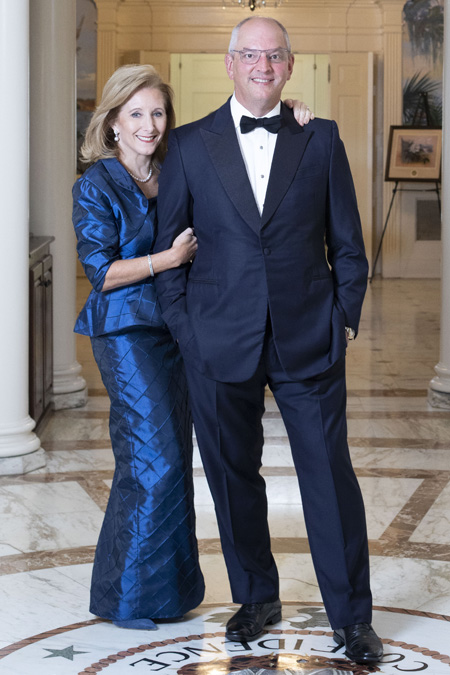
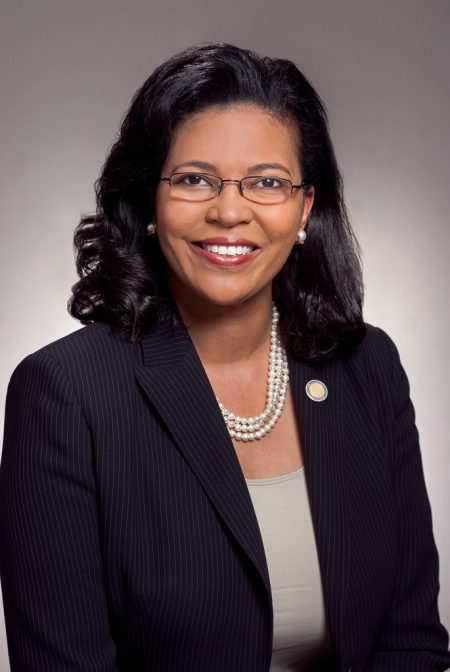
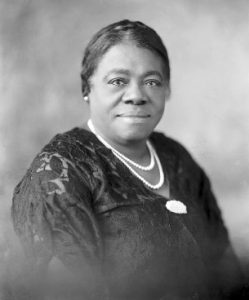 Mary McLeod Bethune was a woman who understood the power of education. She was first in her family to be born free, in the late 1800s, and to receive a formal education. A skilled activist and presidential adviser, her calling was to pay it forward, so with meager funds – $1.50 – but unlimited faith, she opened a school for African American girls in 1904. From these beginnings, her school went on to become Bethune-Cookman College, a Historically Black College (HBCU), and she served as the college’s president. Visiting her home on her college campus, I touched the desk where she worked and stood in the parlor where she hosted leaders as she advocated for education, healthcare and opportunities for women. I spoke to her granddaughters (pictured here) about her relentless commitment to education, equity and opportunity. A women of countless firsts, she is a trailblazer who understood the connection between learning and social mobility and so much more, and used this understanding to improve the lives of so many.
Mary McLeod Bethune was a woman who understood the power of education. She was first in her family to be born free, in the late 1800s, and to receive a formal education. A skilled activist and presidential adviser, her calling was to pay it forward, so with meager funds – $1.50 – but unlimited faith, she opened a school for African American girls in 1904. From these beginnings, her school went on to become Bethune-Cookman College, a Historically Black College (HBCU), and she served as the college’s president. Visiting her home on her college campus, I touched the desk where she worked and stood in the parlor where she hosted leaders as she advocated for education, healthcare and opportunities for women. I spoke to her granddaughters (pictured here) about her relentless commitment to education, equity and opportunity. A women of countless firsts, she is a trailblazer who understood the connection between learning and social mobility and so much more, and used this understanding to improve the lives of so many.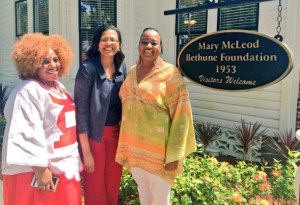 As we seek to reach our educational goals, one big focus for us is expanding access to dual enrollment. Today almost 29,000 Louisiana students start college in high school and over the past few years we’ve been proud to see an increase of 1,500 African American students participating.
As we seek to reach our educational goals, one big focus for us is expanding access to dual enrollment. Today almost 29,000 Louisiana students start college in high school and over the past few years we’ve been proud to see an increase of 1,500 African American students participating.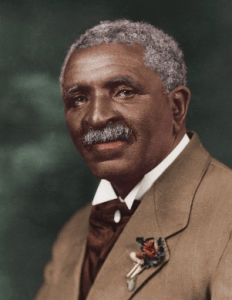 To bring this opportunity to our students, particularly the equipment needed to support career and technical courses, we deployed mobile labs, which now visit high schools across the state. The labs are praised for their utility and effectiveness in getting college-level experiences to high school students. It’s a concept I saw first-hand at another HBCU. This was not a new shiny mobile lab parked out front at Tuskegee University, but a historical one in the museum honoring George Washington Carver. I knew and admired him as an agricultural powerhouse, scientist and inventor, “The Father of the Peanut Industry.” I had heard of his outreach efforts to farmers in communities near and far, but I was delighted to see the
To bring this opportunity to our students, particularly the equipment needed to support career and technical courses, we deployed mobile labs, which now visit high schools across the state. The labs are praised for their utility and effectiveness in getting college-level experiences to high school students. It’s a concept I saw first-hand at another HBCU. This was not a new shiny mobile lab parked out front at Tuskegee University, but a historical one in the museum honoring George Washington Carver. I knew and admired him as an agricultural powerhouse, scientist and inventor, “The Father of the Peanut Industry.” I had heard of his outreach efforts to farmers in communities near and far, but I was delighted to see the  Whether our students come to a college or university campus or if we bring the learning to them, progress hinges on access to strong, high-quality education that prepares citizens for viable careers and prosperity. I am proud to stand on the shoulders of these African American giants, to learn from them and to answer the call to extend their legacy as fierce advocates for education, equity and talent development. That’s how Louisiana will prosper.
Whether our students come to a college or university campus or if we bring the learning to them, progress hinges on access to strong, high-quality education that prepares citizens for viable careers and prosperity. I am proud to stand on the shoulders of these African American giants, to learn from them and to answer the call to extend their legacy as fierce advocates for education, equity and talent development. That’s how Louisiana will prosper.